Computer Science courses (COSC) have become a popular area of study from K-12 to higher education levels (i.e., community colleges and four-year institutions). For the past years, different educational approaches have been proposed to disseminate concepts in these areas (traditionally through books and online platforms such as wikis, websites, forums). Although there are several resources available to assist a student in learning tricks or "how-to" for specific items, some of them lack curricular guidance to lead to a constructivist learning approach.
Some of the other available resources rely on a strong mathematical background, which many potential computer science students might not have, discouraging students from pursuing a computer science or programming field, particularly from a K-12 environment and community colleges.
This project comprises two courses: Programming Fundamentals I, a.k.a., CS 1 (THECB: COSC 1436) and Programming Fundamentals II, a.k.a., CS 2 (THECB: COSC 1437). Additionally, we present modules on cybersecurity and data analytics to these two courses, two emerging areas in computing-related to these courses that are highly applicable in today's industry needs.
Although the COSC courses do not appear in the 2017-2019 THECB Most Transfer List, many institutions, including high schools and postsecondary schools, have adopted COSC 1436 and 1437, their core highly demanded courses. Furthermore, different independent school districts have a strong partnership with community colleges and four-year institutions, increasing the number of COSC 1436 and COSC 1437 sections across Texas. Therefore, we anticipate creating an OER that might have a significant impact in the next years.


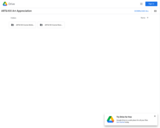
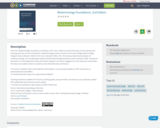
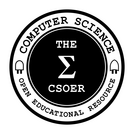
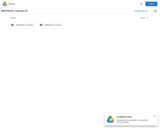
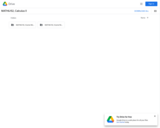
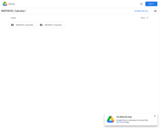
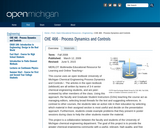
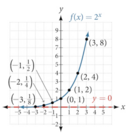

![Contextual Analysis Research Unit [Resource]](https://img.oercommons.org/160x134/thecb-production/media/screenshots/525a20a1e132ff30014f37c4441b568c328d7b3dd36dcb285528fd2324b8b2d4.png)